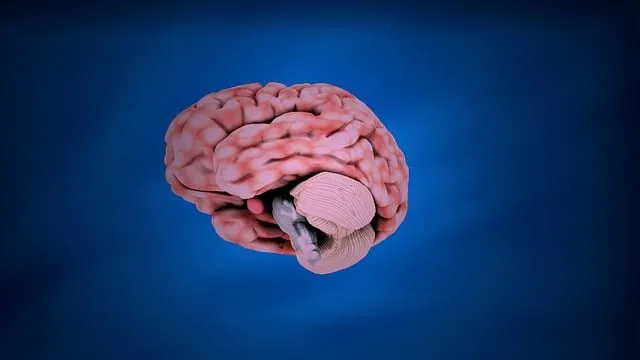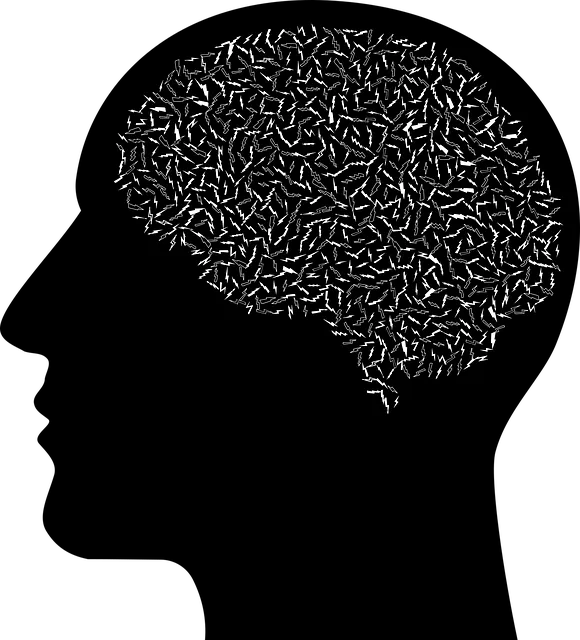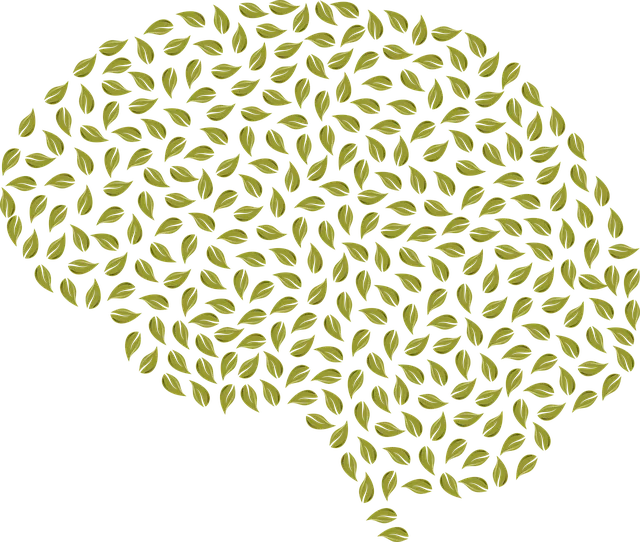Kaiser Permanente Castle Rock prioritizes mental health resilience through the RFM framework, focusing on Reliability, Flexibility, and Mastery. Engaging programs like the Mental Wellness Podcast Series and Compassion Cultivation Practices equip individuals with coping mechanisms, adaptability, and control over daily life challenges. Resilience-building exercises, social skills training, and risk assessment ensure individualized, safe, and ethical support. Evidence-based practices, including mindfulness and self-compassion training, empower employees and community members to manage stress and foster emotional well-being, contributing to a healthier work culture and stronger mental health ecosystem in Kaiser Permanente Castle Rock.
“Discover how Kaiser Permanente Castle Rock is revolutionizing mental health support with their RFM (Resilience, Flexibility, and Mastery) framework. This innovative approach equips individuals with powerful tools for stress management. The article explores the effectiveness of Resilience Building Exercises in enhancing mental well-being.
From understanding the RFM model to implementing evidence-based practices and creating supportive environments, each section reveals strategies to foster resilience. Explore these techniques to promote a healthier, more resilient mind, inspired by Kaiser Permanente’s pioneering efforts in Castle Rock.”
- Understanding RFM: A Framework for Mental Health Resilience at Kaiser Permanente Castle Rock
- The Role of Resilience Building Exercises in Stress Management
- Implementing Evidence-Based Practices for Mental Well-being
- Creating a Supportive Environment: Strategies for Continuous Resilience Enhancement
Understanding RFM: A Framework for Mental Health Resilience at Kaiser Permanente Castle Rock

At Kaiser Permanente Castle Rock, we’ve embraced the RFM framework as a cornerstone for fostering mental health resilience within our community. RFM stands for Reliability, Flexibility, and Mastery—three key pillars that guide individuals in navigating life’s challenges with greater fortitude. By integrating these concepts into our mental wellness offerings, such as the popular Mental Wellness Podcast Series and Compassion Cultivation Practices, we empower individuals to cultivate a deeper sense of control and adaptability.
This approach is underpinned by the understanding that mental health awareness and resilience go hand in hand. Through RFM, we encourage folks to develop reliable coping strategies that can be consistently applied during times of stress. Flexibility is fostered by learning to embrace change and adapt our perspectives, while mastery skills help individuals feel more capable of managing various aspects of their lives, from work and relationships to personal goals.
The Role of Resilience Building Exercises in Stress Management

Resilience building exercises play a pivotal role in stress management, particularly for individuals navigating challenging life situations. These exercises, designed to enhance inner strength development, equip people with coping mechanisms to better handle stress and adversity. By fostering mental agility and emotional fortitude, resilience training enables folks to adapt and bounce back from difficult experiences, a key aspect emphasized by Kaiser Permanente’s mental health services in Castle Rock.
Social skills training, another facet of resilience building, is crucial for mitigating the impact of stress on interpersonal relationships. Effective communication, conflict resolution, and empathy development through such training help individuals maintain strong social connections, a vital support system during stressful times. Moreover, risk assessment for mental health professionals guides the implementation of these exercises, ensuring they are tailored to individual needs while prioritizing safety and ethical considerations.
Implementing Evidence-Based Practices for Mental Well-being

Implementing evidence-based practices for mental well-being is a cornerstone of comprehensive resilience building programs, and organizations like Kaiser Permanente have been at the forefront of promoting such initiatives. In Castle Rock and beyond, these practices aim to enhance individuals’ ability to cope with challenges and maintain optimal mental health. Compassion cultivation practices, such as mindfulness and self-compassion training, are increasingly recognized for their potential to reduce stress and improve mood management.
By integrating these evidence-based techniques into organizational programs, companies like Kaiser Permanente contribute to fostering a culture of resilience. Stress Management Workshops designed with a focus on compassion can empower employees to navigate demanding environments effectively while cultivating emotional well-being. This approach not only benefits individuals but also creates a healthier, more productive work environment, ultimately strengthening the overall mental health ecosystem within communities.
Creating a Supportive Environment: Strategies for Continuous Resilience Enhancement

Creating a supportive environment is paramount for fostering resilience and enhancing mental wellness at Kaiser Permanente Castle Rock and beyond. This involves implementing strategies that promote open communication, reduce stigma around mental illness, and encourage active participation in one’s own recovery journey. Mental wellness coaching programs can play a pivotal role here by offering personalized guidance, helping individuals develop coping mechanisms tailored to their unique needs.
Additionally, healthcare provider cultural competency training is essential to ensuring every patient feels understood and supported. By fostering an inclusive atmosphere and integrating mental illness stigma reduction efforts, the community can strengthen its resilience as a whole, enabling members to navigate challenges with greater equanimity and resilience.
Resilience is a powerful tool in navigating life’s challenges, and at Kaiser Permanente Castle Rock, we understand its importance in promoting mental well-being. By combining Understanding RFM with evidence-based resilience building exercises, we can foster a supportive environment that enhances mental health. These strategies, when implemented consistently, have the potential to revolutionize how individuals cope with stress, ultimately improving their overall quality of life.






